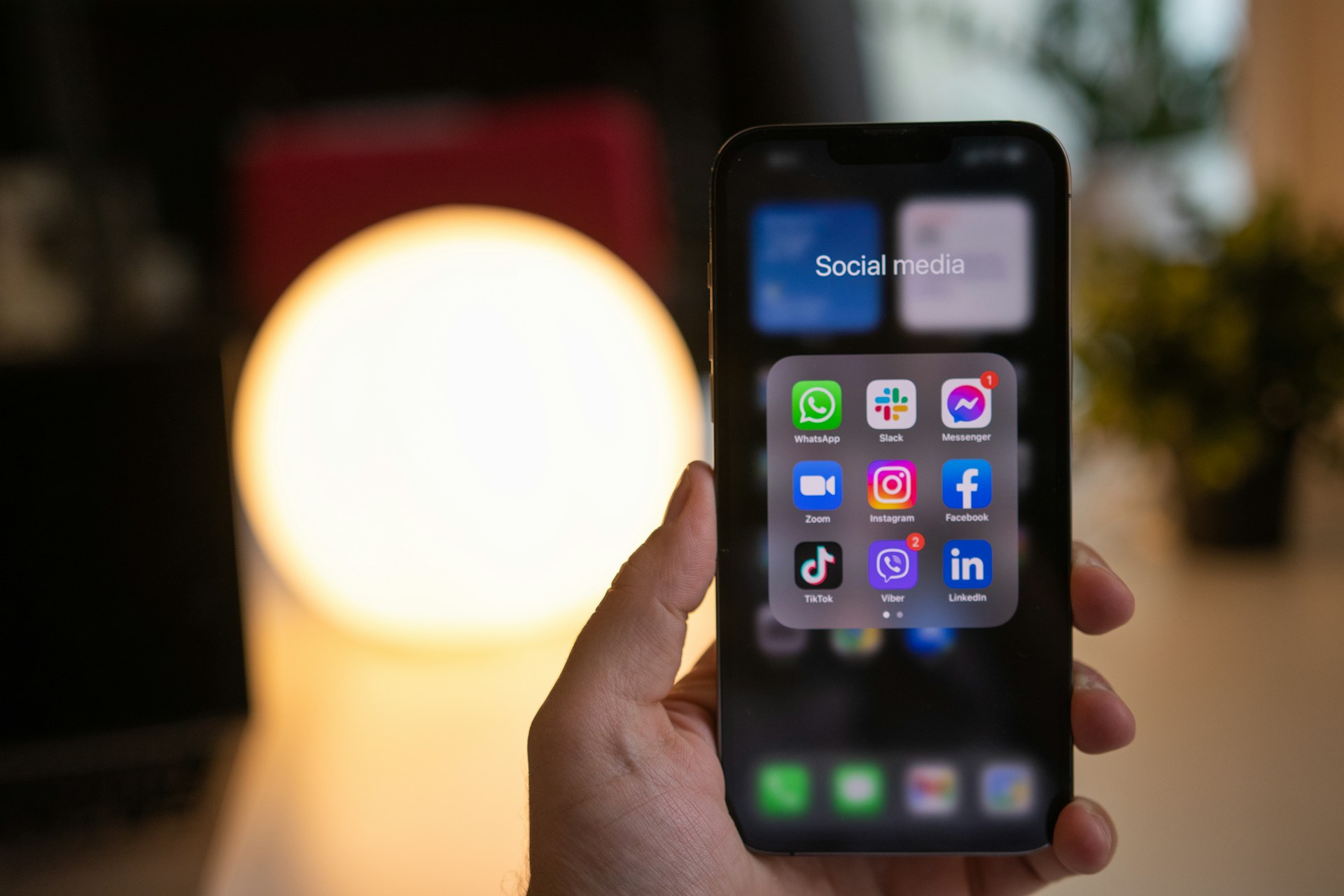
Customer acquisition is just the beginning of your relationship with clients. While making a sale is essential, building long-term relationships with your clients is what lays the foundation for sustainable success.
Taking a proactive approach to client retention, customer loyalty, and consistent engagement can transform your business into a client-focused powerhouse. This blog will guide you through six vital strategies to foster stronger, longer-lasting relationships with your clients.
From mastering sales training techniques to effective customer relationship management (CRM), you’ll have actionable insights to continuously improve client interactions and extend those connections beyond the sale.
Why Client Retention Should Be Your Top Priority
Have you heard the saying, “It’s cheaper to keep a client than to acquire a new one?” Research shows that retaining existing customers costs significantly less than acquiring new ones—and the benefits go beyond cost-saving.
Long-term customers tend to spend more over time and are more likely to recommend your business to others. They also form the backbone of businesses that thrive through repeat purchases or subscriptions.
Improving client retention requires more than simply delivering a good product or service. It’s about creating a complete customer experience that prioritizes trust and loyalty at every stage.
When you excel at customer relationship management, each interaction becomes an opportunity to deepen the bond with your clients, making them feel valued and appreciated.
Effective Sales Follow-Ups Set the Tone for Loyalty
Why Follow-Up Matters
Many businesses make the mistake of neglecting the sales follow-up process after closing a deal.
Following up shows your clients that you care about their experience beyond the initial sale. It’s an opportunity to check in, address any concerns, and leave a lasting positive impression.
Tips For Meaningful Follow-Ups
- Personalize your follow-up message. Address the client by name and reference your previous conversation to make the exchange feel genuine.
- Don’t wait too long. Aim to follow up within a few days to ensure the interaction is still fresh in their minds.
- Ask for feedback. This opens the door for continuous improvement and reinforces that their opinion matters to you.
Master Sales Training to Empower Your Team
Invest in Training for Client-Centric Techniques
Sales training isn’t just about closing deals; it’s about preparing your team to build authentic connections with clients. Equip your sales force with the skills necessary to identify customer pain points and offer tailored solutions that extend beyond the basic transaction.
Focus Areas for Effective Sales Training
- Active listening techniques to build rapport and uncover client needs.
- How to utilize CRM tools to collect and analyze client data.
- Strategies for addressing customer objections with empathy and confidence.
A well-trained sales team can convey trust and professionalism in every interaction, fostering loyalty from the start.
Leverage CRM Tools to Strengthen Relationships
The Role of CRM in Customer Loyalty
Customer relationship management (CRM) tools are essential for tracking client interactions, managing data, and staying one step ahead of their needs.
The best CRM systems provide a clear overview of customer preferences and history, making personalized service and communications more achievable.
Key Features to Utilize
- Customer Insights: Access detailed profiles to tailor conversations to individual clients.
- Automated Reminders: Schedule follow-ups and send timely updates without a manual workload.
- Analytics and Reports: Track customer trends and adapt your approach to evolving preferences.
When used correctly, CRM systems act as a central hub for client retention efforts, simplifying processes while boosting efficiency.
Build a Consistent Customer Experience
Consistency Builds Trust
Trust is built through consistent, high-quality interactions at every touchpoint. Whether it’s customer support, product delivery, or post-sale engagement, reliability communicates professionalism and care.
Actions to Maintain Consistency
- Standardize communication templates that still allow room for personalization.
- Create well-documented processes for dealing with client requests or complaints.
- Ensure every team member understands the importance of uniform messaging and tone.
Consistency reduces confusion and positions your business as dependable and trustworthy.
Drive Engagement Through Value-Added Interactions
Beyond the Transaction
Your interactions with clients shouldn’t feel transactional. Show clients you’re genuinely invested in their success by offering valuable insights, resources, or support.
Innovative Engagement Strategies
- Share industry updates or trends relevant to their business needs.
- Offer exclusive discounts or promotions to loyal customers.
- Host webinars or events that align with their goals.
When clients receive ongoing value, they’re more likely to remain engaged and loyal to your business.
Foster a Community Among Your Clients
Build Relationships that Go Both Ways
Creating a sense of community among your customers makes them feel more connected to your brand. Offer spaces or experiences where they can share their insights, challenges, and successes.
Initiatives to Foster Community
- Launch referral programs where clients can recommend your business in exchange for rewards.
- Create online forums or groups for clients to interact and share resources.
- Record and share success stories to highlight how your product or service has positively impacted customers like them.
By fostering a shared sense of belonging, you strengthen your clients’ emotional attachment to your brand.
Turn Relationships Into Your Competitive Advantage
Building long-term client relationships isn’t just beneficial—it’s essential in today’s competitive business landscape. Successful businesses focus on more than just sales; they invest in creating exceptional experiences and fostering trust and loyalty over time.
From implementing sales training to leveraging CRM systems, these strategies will help you build resilience, stand out in the market, and create clients who keep coming back.
Focus on developing genuine relationships that go beyond the sale, and you’ll foster not just customers but brand advocates.



















































